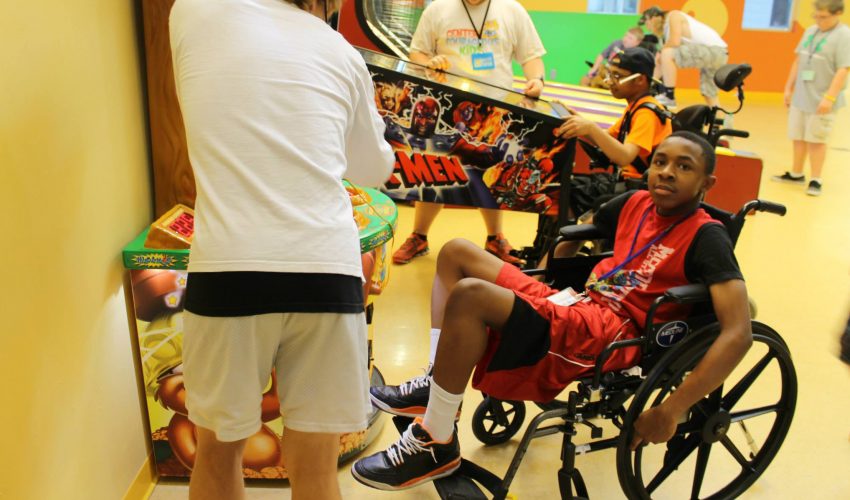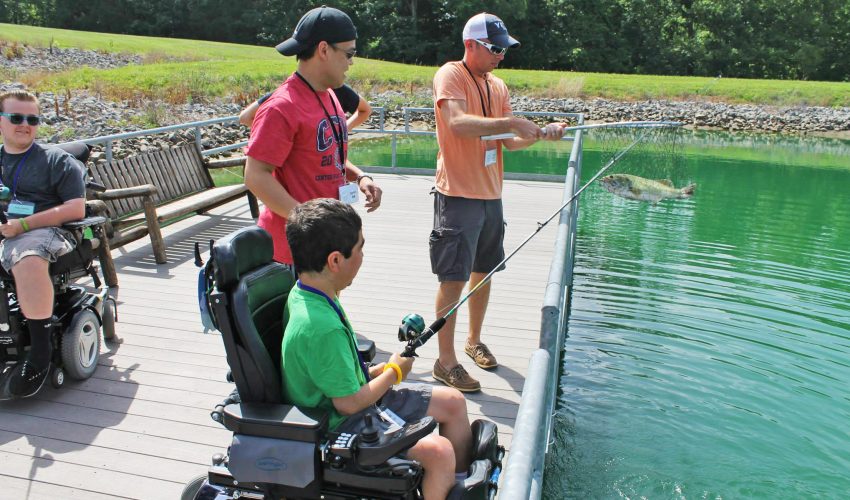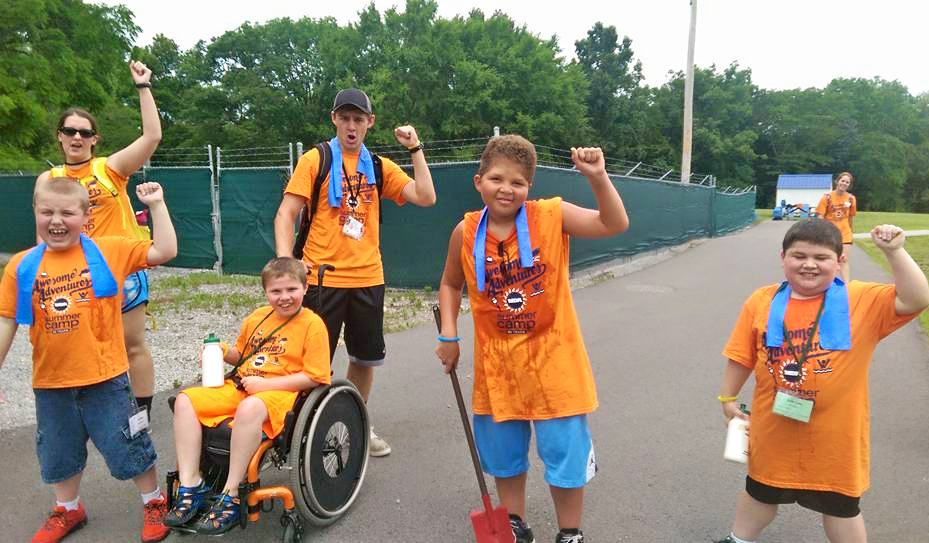A woman with an irregular heartbeat gets a pacemaker and her entire life changes. She can walk down her driveway without stopping to catch her breath. She knows the device can mean that she will live longer, and she’s immensely grateful for her new lease on life. She credits her doctor, her surgeon, her nurses, her hospital.
She probably does not mention the American Heart Association (AHA), but the money raised by numerous local chapters of this national organization funded research that led to the development of the first pacemaker. The guidelines she follows to maintain a heart-healthy lifestyle have been vetted and approved by a top tier of cardiac experts at the organization. And, if she wants to start a healthy program in her workplace, the local AHA chapter can be a resource and partner.
This is true of dozens of national nonprofit organizations that focus on specific diseases or conditions. Groups like the AHA, American Cancer Society, Muscular Dystrophy Association, American Lung Association, Juvenile Diabetes Research Foundation and more reach millions of people, with local chapters playing a key role in supporting their work and helping their communities.
“I always say that we are a local organization with national support,” says Emily Fuller, executive director of AHA Chattanooga.
“The national organization has the forces of powerful and influential volunteers, including CEOs of Fortune 100 companies. Everything we do is fact-based and researched at that high level, and we are able to bring that to our local communities. The AHA is very intentional about what it puts out, so there is a lot of confidence in all that we are able to do for people throughout Tennessee.”
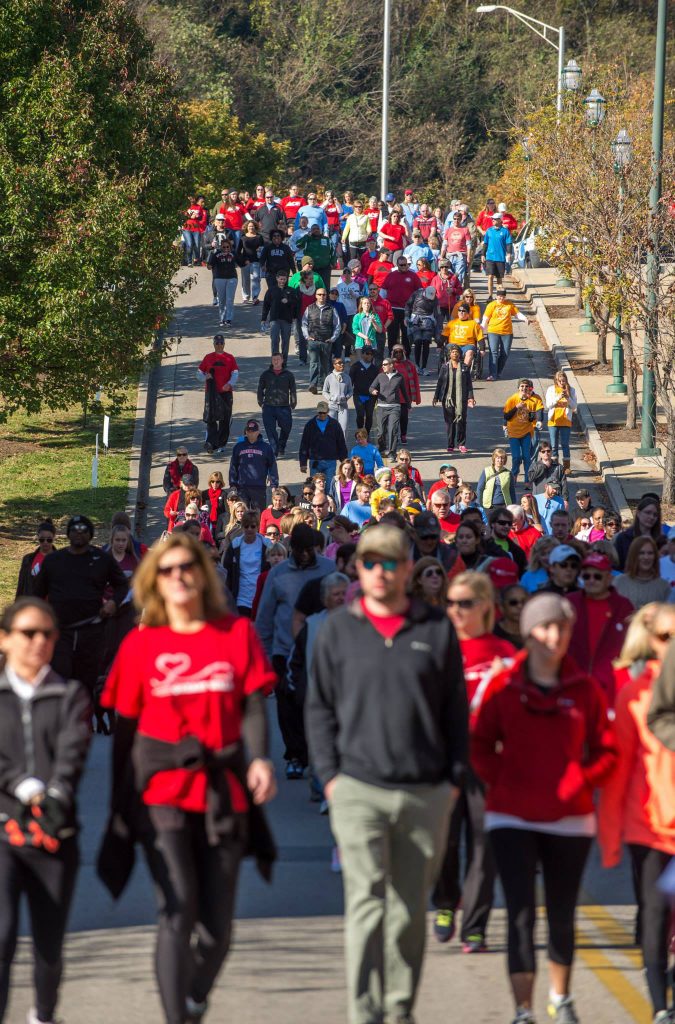
Events that matter
When the local chapter of a national health association organizes a walk, a race or even a black-tie gala, fundraising is the primary goal, but the event is also a way to reach out to people and raise awareness.
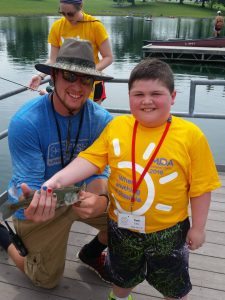
The Muscular Dystrophy Association (MDA) in Knoxville holds a number of events throughout the year, including the MDA Lock-Up, when business leaders from area companies become “jailbirds” who are put behind bars until they raise a set amount of bail money for their release. There’s also a fireman-led fundraising effort: “Fill the Boot”. But the annual Muscle Walk, on a route designed to accommodate the wheelchairs and walkers that people with muscular dystrophy often need, always makes the biggest impression.
“Most of our families participate in the Muscle Walk,” says Theresa Underwood, Executive Director of MDA Knoxville. “They are engaged in a celebration of life, and everyone has a good time.”
Funds raised at the walk help to support a week of summer camp for children with muscular dystrophy, where they do archery, swimming, horseback riding and zip lining.
“Camp is huge for our kids. Not only does it teach them life skills, but they get to do the kinds of activities that other kids do at camp,” says Underwood.
“They get to be themselves, to be around others like themselves.”
“And their parents get a week off when they know their child is having fun and being taken care of properly. So much is involved in parenting a disabled child, so it is key that they get some relief too.”
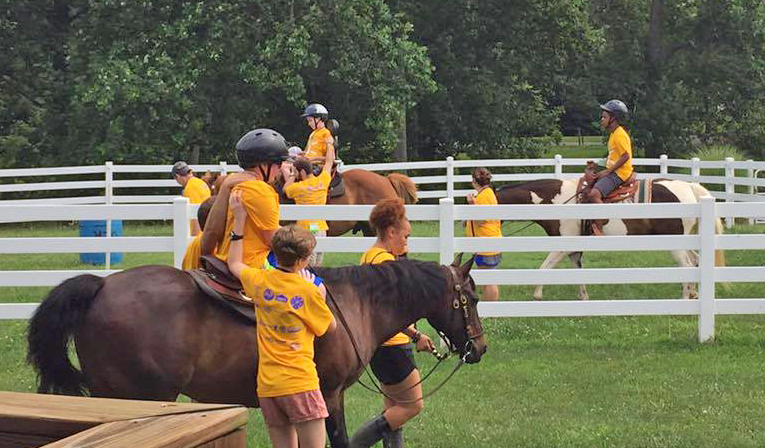
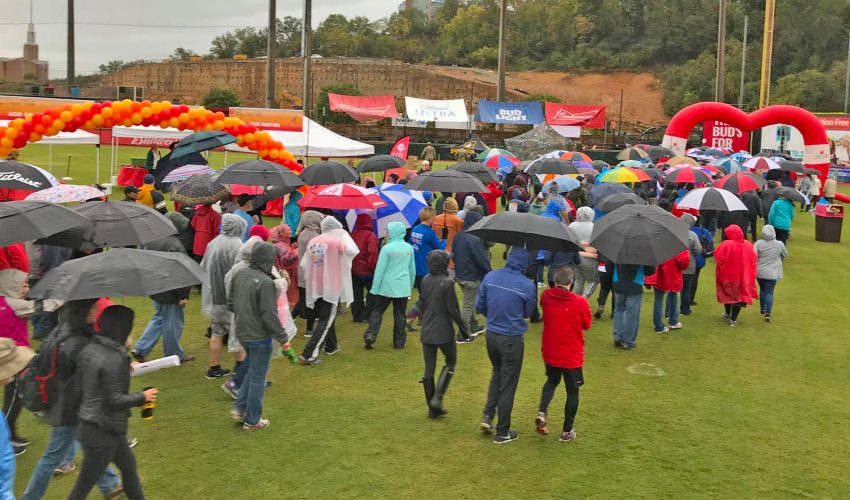
Walking on
The AHA Heart Walk in Chattanooga also gets a lot of attention, which it turns into opportunities to promote heart health. In addition to raising funds for research the AHA walk is part of a movement they call Healthy for Good.
“We want to rally and inspire people to make healthy choices, and the walk touches the biggest number of people each year,” Fuller says. “It’s a great way to engage as many local companies and community members as possible in this movement. We might get a corporation to get its employees to participate in a Rethink Your Drink challenge to choose fruit-infused water over sugary drinks, or to give incentives to people who take a walking break instead of a smoking break. It’s a way in that lets us engage people year-round, and we can help them with the resources they need to change behaviors.”
The size of these national organizations can make them seem remote to the average person when, in fact, it is exactly what makes them so relevant to individuals.
Every national organization works on a scale that allows them to accomplish major advances. Local chapters are key to supporting their goals, and the area residents benefit by having them nearby, even if they don’t realize it.
“BlueCross partners with national organizations that work with chronic disease because they increase awareness and offer education to the public about those issues,” says Chelsea Johnson, Community Relations Manager for BlueCross BlueShield of Tennessee. “They are large organizations, but they work on large problems that so many Tennesseans will face at some point in their lives — either themselves or with a family member — and there’s nothing more powerful than that.”
